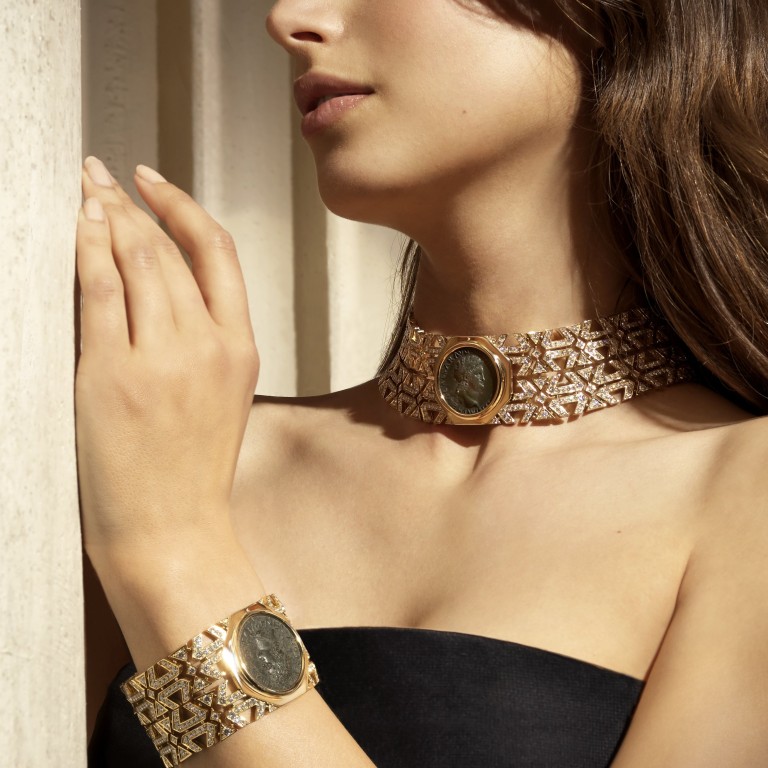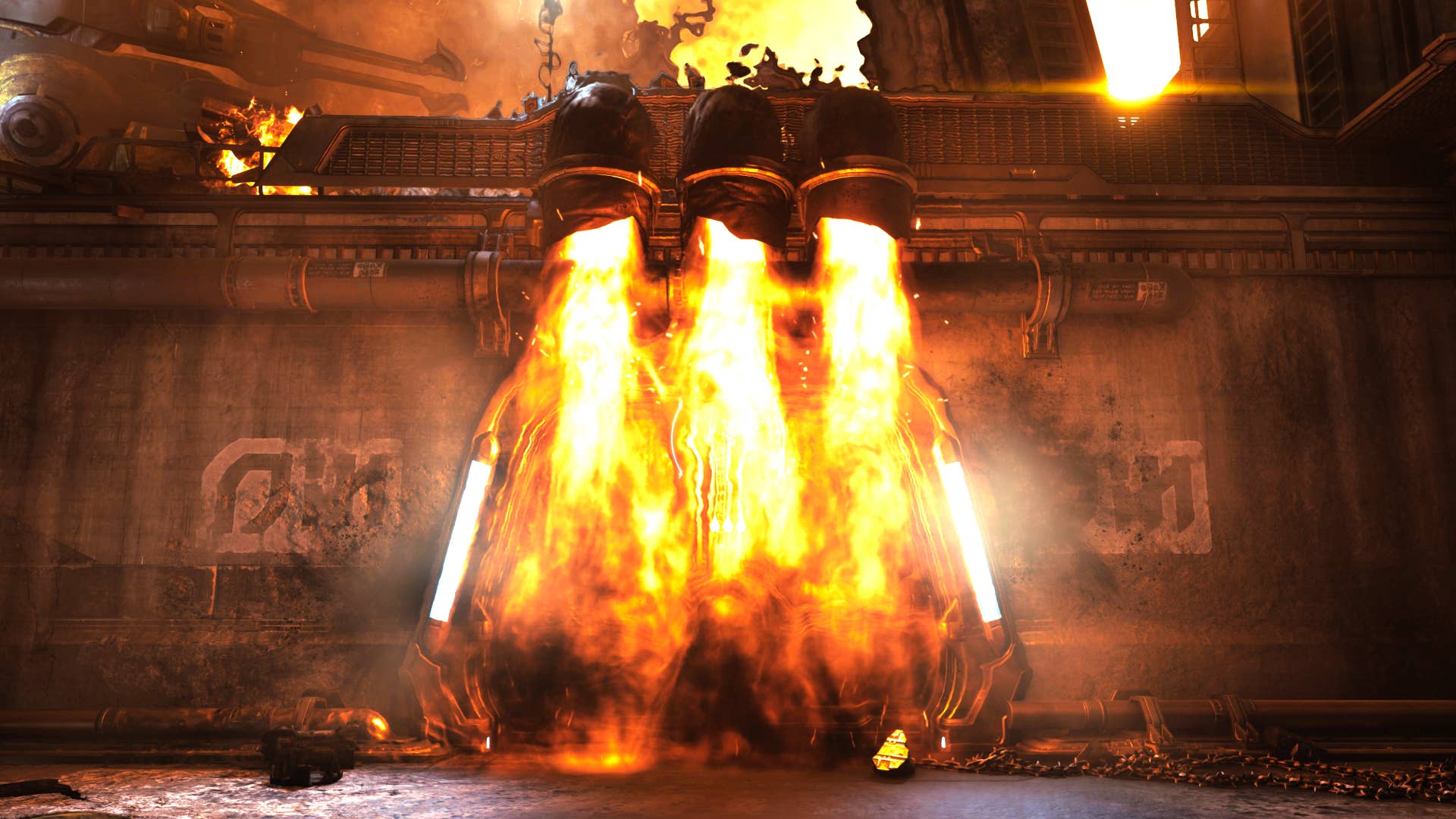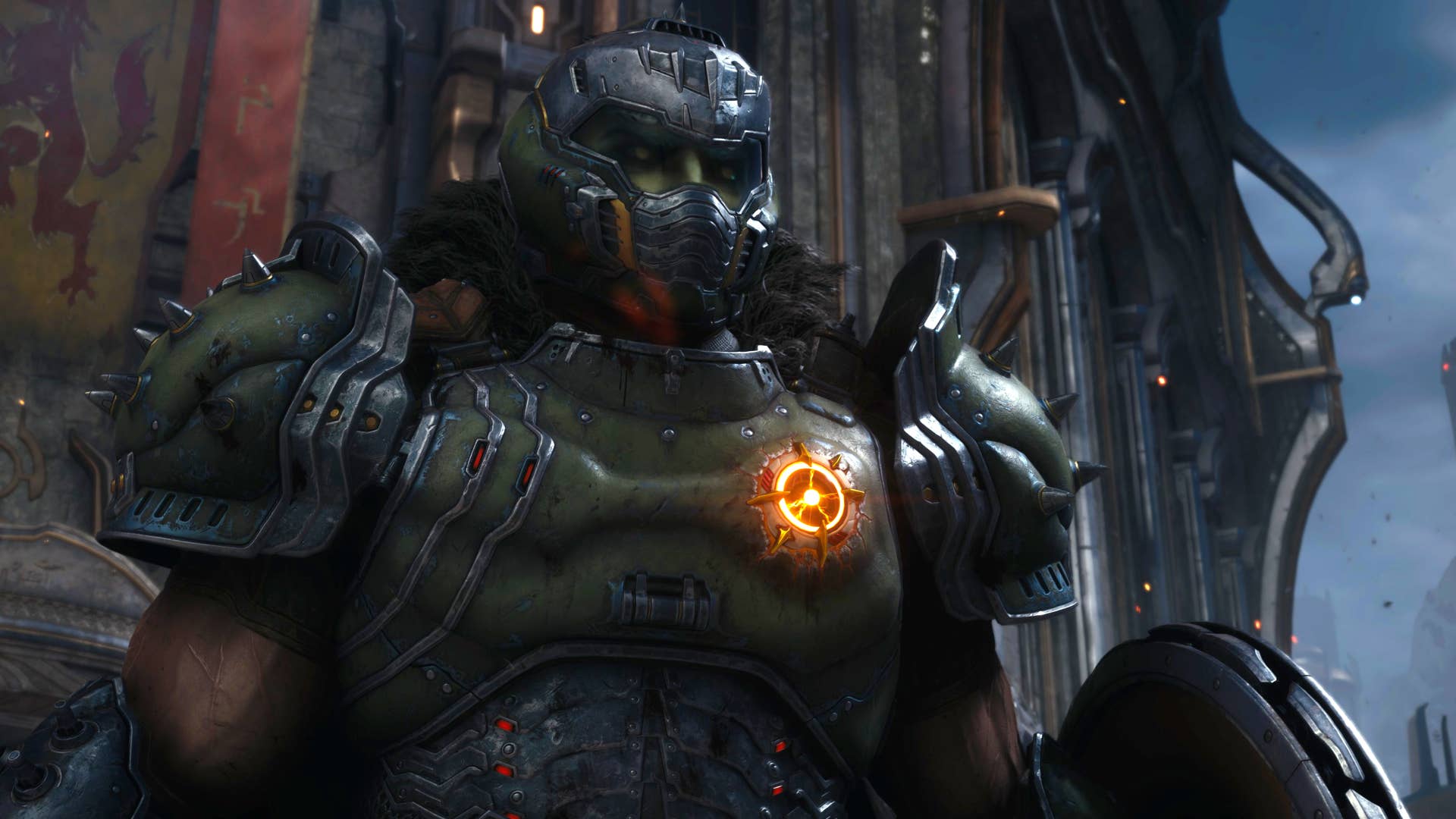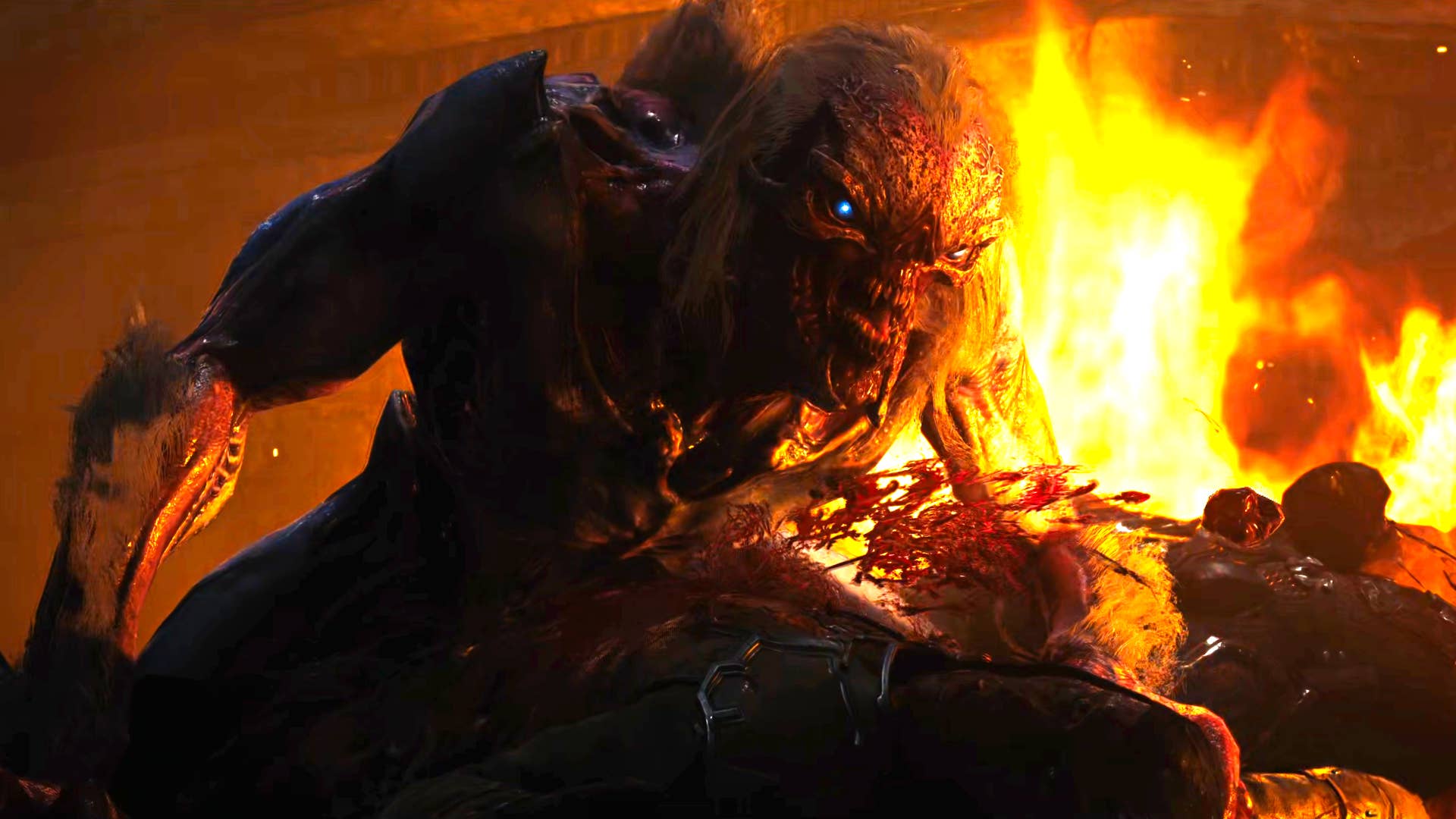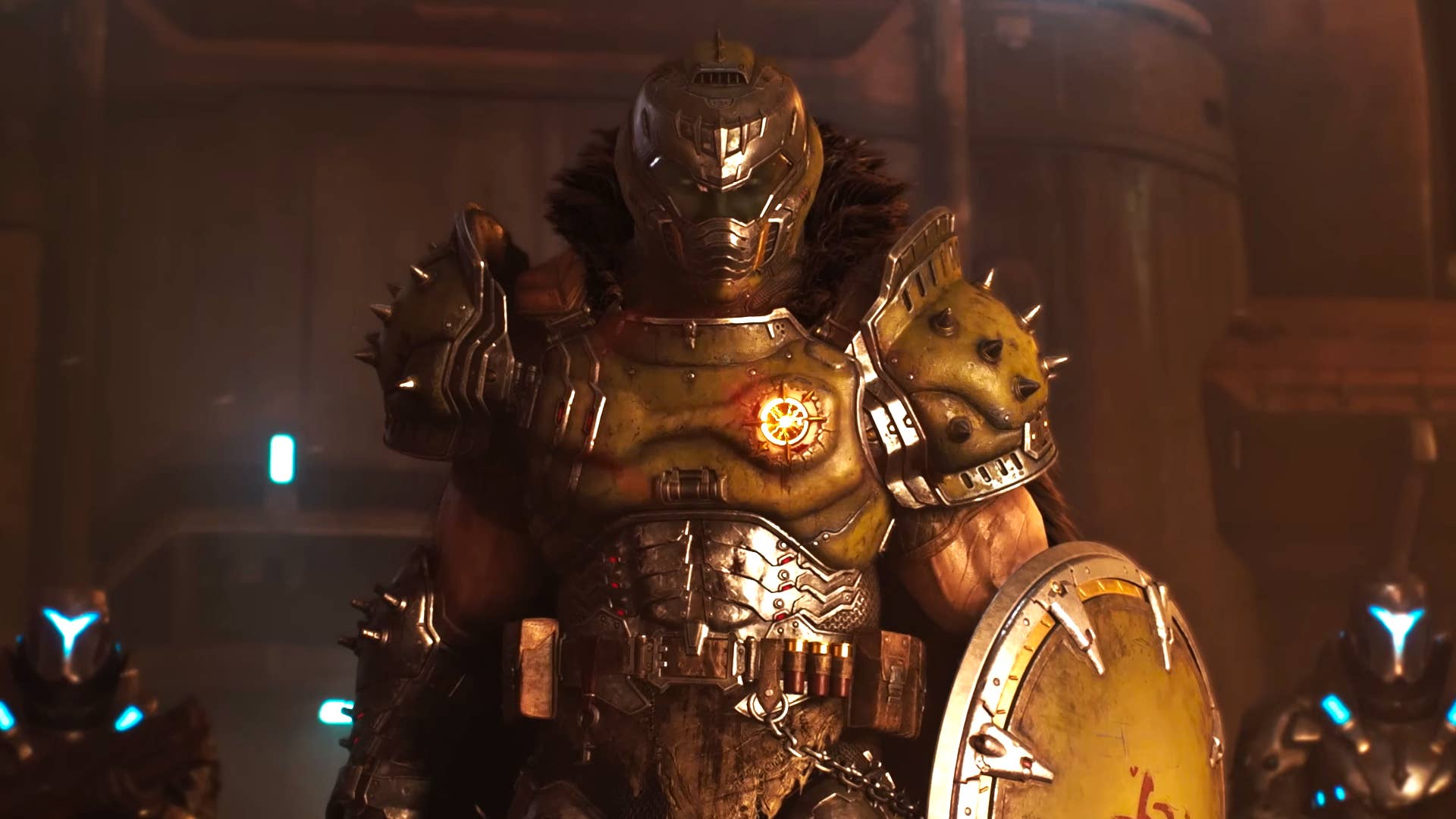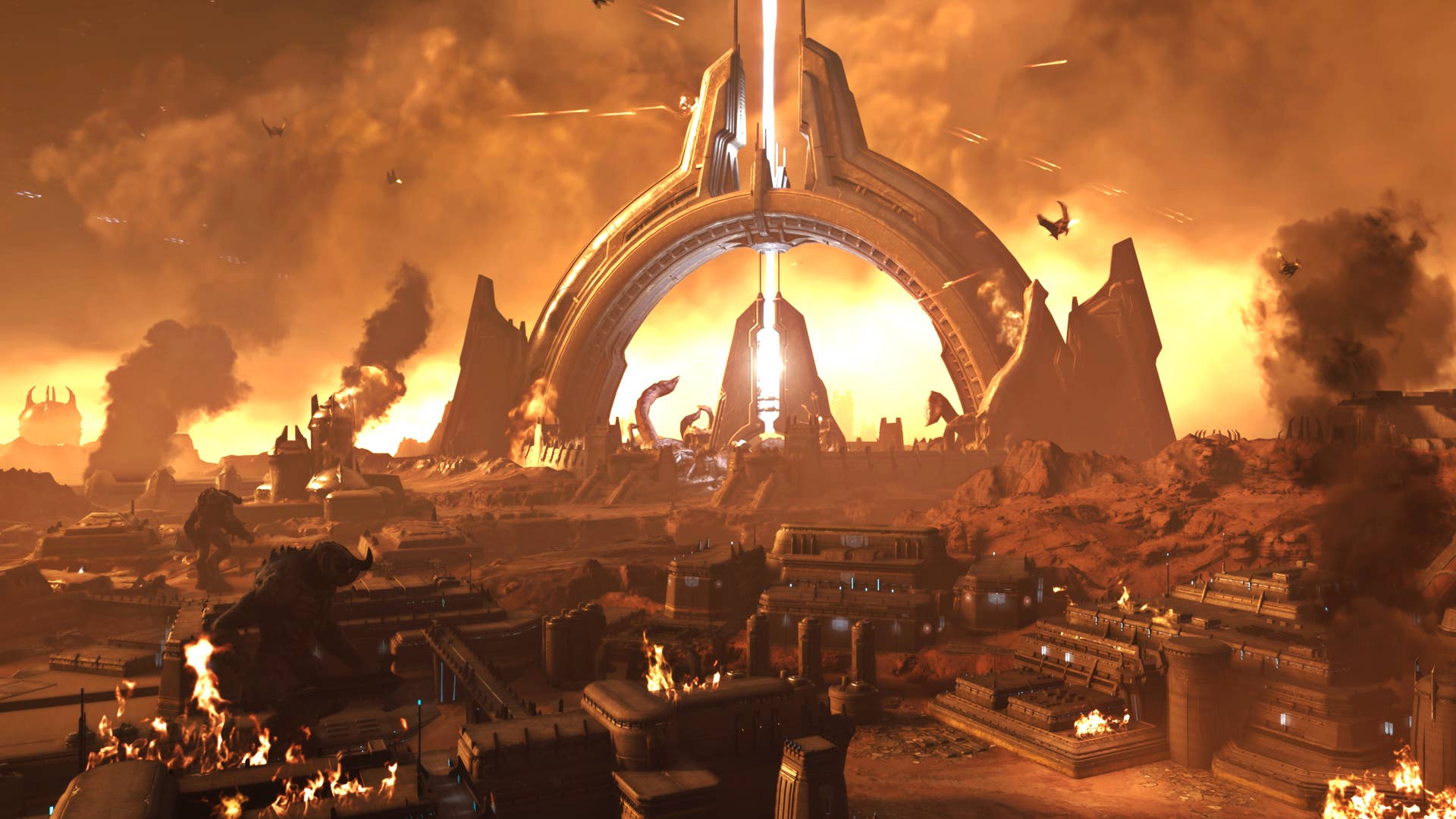Technically, any baptized Catholic man can become pope. That's not how it has historically worked, however, with the last pontiff who wasn't first a cardinal having served in the 1300s. And Pope Francis , like 259 of the 265 popes who came before him, was elevated from the College of Cardinals to become the head of the Roman Catholic Church in 2013.
Following Francis' death at the age of 88 on April 21 , hours after greeting thousands of Easter celebrants from the loggia balcony of St. Peter's Basilica in Vatican City, there will be nine days of mourning, known as the "Novemdiales." During this period the aforementioned cardinals will determine when his body can be transported back to St.

Peter's to lie in state for three days, and a funeral mass must be held within four to six days after his passing. And then , the conclave to select the 267th pope will commence. "The period without a pope is not that long," Rev.
David Collins , associate professor and director of Catholic studies at Georgetown University, told NBC News . "For example, the interregnum between John Paul II and Benedict XVI was less than three weeks." Following Benedict XVI's resignation on Feb.
28, 2013, citing his declining health at 85, the next conclave began March 12 and Francis was elected the following day after five rounds of voting. Born Jorge Mario Bergoglio in Argentina, Francis previously served as Archbishop of Buenos Aires from 1998 until 2013, known as "Father Jorge" to his local faithful. Though plenty of his beliefs were entrenched in olden times (women can't be ordained as priests, for instance), Francis was a relatively progressive pope who drew ire from more conservative critics but also had fans among Catholics and non-Catholics alike around the globe.
Just days before he was hospitalized for five weeks starting Feb. 14—eerily, while the film Conclave was racking up awards season honors —he waded into the international political fray to denounce anti-immigrant rhetoric and mass-deportation policies. "Christian love is not a concentric expansion of interests that little by little extend to other persons and groups,” he wrote in an open letter to American bishops .
"The true ordo amoris that must be promoted is love that builds a fraternity open to all, without exception." To put it mildly, those who were heartened by Francis' leadership and those who didn't approve of the direction he was steering the church will be waiting to see who triggers the white smoke in the coming days. As of April 21, there are 252 cardinals, but only those under 80 years old—so, 137 of them—can vote for pope.
Francis most recently elevated 21 church leaders to the rank of cardinal on Dec. 7, 20 of them eligible to vote for his successor. Meanwhile, there is no age limit to become pope.
Benedict XVI was 78 when he was elected, while Francis was 76. ( Agatho was, according to papal lore, 101 when he became pope in 678 and reigned for three years, but scholars still debate whether he was that old. Otherwise, Pope Gregory XII was the oldest when he was elected at the age of 81 in 1406.
) So, this is definitely a pool of golden bachelors. According to experts on the subject, these are some of the most elegible cardinals—or papabile, as they're called—in the running to be the next pope: Pietro Parolin Cardinal Pietro Parolin had served as Pope Francis’ secretary of state—a.k.
a. his second in command—since 2014. In his role, the 70-year-old Italian, a former ambassador to Venezuela, oversaw internal church affairs and guided official foreign policy, making him exceptionally familiar with the politics of the Roman Catholic Church, at the Vatican and on the world stage.
But the pick would not be without the tinge of scandal: Parolin was linked to, but not charged in connection with, an investment in a London real estate venture that went wrong and led to another cardinal, Angelo Becciu, and nine others going on trial for financial crimes at the Vatican in 2021. (Becciu, who pleaded not guilty, was convicted of fraud and embezzlement.) Fridolin Ambongo As archbishop of Kinshasa, the capital of the Democratic Republic of Congo, Cardinal Fridolin Ambongo , 65, grew close to Francis as a member of the pope’s nine-person advisory board, the Council of Cardinals.
If elected, he would be the first African pope, but he’d come from the more conservative side of the church, having opposed Francis’ 2023 ruling that allowed blessings of same-sex couples. Luis Antonio Tagle Cardinal Luis Antonio Tagle of the Philippines accompanied Francis on multiple trips through Asia—and he would be the first Asian pope. (For the record, Francis was the first non-European pope since 741 A.
D., so a variety of firsts are possible for this conclave.) Known familiarly as “Chito” among his faithful, the congenial 67-year-old is an advocate for the poor, which would be in keeping with Francis’ priorities.
Formerly archbishop of Manila, Tagle was brought to Rome by France to head the Vatican’s missionary evangelization office. Tagle was previously considered for the papacy during the 2013 conclave but, at 55, was considered way too young. Matteo Zuppi Also a proponent of the belief that the church should first and foremost serve the poor, Matteo Zuppi of Bologna, Italy, was made a cardinal in 2019—and there’s speculation that Francis would have handpicked him to be his successor if such things were done.
As archbishop of Bologna since 2015, he’s been known as “Don Matteo,” a defender of immigrants and the migrant plight. Zuppi wrote the preface to the Italian edition of Rev. James Martin ’s 2017 book Building a Bridge , about how the church can better minister to members of the gay community.
He was also a member of a team from the Sant’Egidio Community charity that helped negotiate the end of Mozambique’s civil war in the 1990s and Francis named Zuppi his peace envoy amid Russia’s war in Ukraine. Peter Erdo In 2003, Pope John Paul II made then-50-year-old Peter Erdo of Hungary the youngest cardinal at the time. While the current archbishop of Budapest is known for his support of his country’s Jewish community and for reaching out to Catholics in Latin America and Africa, Erdo has some more entrenched conservative beliefs than Francis.
Now 72, he has spoken out against European countries accepting migrants and against divorced Catholics receiving communion (which Francis didn’t allow, per se, but was open to considering it case by case). Reinhard Marx Archbishop of Munich and Freising Reinhard Marx , 71, was a key advisor to Francis and headed the Council for the Economy, which was created in 2014 to oversee Vatican finances when the church needed to take a closer look at its spending habits. Marx was only one of two original members to continue on the council once Francis appointed six women to join in 2020.
In 2021, Marx offered to resign as archbishop to atone for the German church’s failings when it came to properly dealing with reports of sexual abuse—a scandal that has roiled Catholicism worldwide. Francis refused to accept and encouraged him to stay put. Marc Ouellet Appointed by Pope Benedict XVI, Cardinal Marc Ouellet of Canada oversaw the bishops office that helps select diocese leaders the world over until 2023.
Since 2019, the office has been leading investigations into bishops accused of covering up for predatory priests all over the world, meaning Ouellet has seen a lot of files on a lot of church leaders. Like Francis, Ouellet has supported women having a greater role in the church—while still, also like Francis, being against their ordination as priests. Robert Prevost Chicago-born Cardinal Robert Prevost would make history as the first pope from the United States.
He spent nine years running the diocese of Chiclayo, Peru, before Francis brought him to Rome in 2023 to head up the office that vets bishop nominations all over the world. The 69-year-old is also president of the Pontifical Commission for Latin America, which would extend the church’s close relationship with the region of the planet where almost 40 percent of the world’s Catholics reside. Christoph Schöenborn Christoph Schöenborn , who served as archbishop of Vienna from September 1995 until Jan.
22, 2025, has voiced support of civil unions and women serving as deacons, and—as someone whose parents divorced when he was a teenager—he defended Francis’ outreach to divorced and civilly remarried Catholics. The 80-year-old criticized the Vatican in 2010 for its past refusal to sanction high-ranking officials who were credibly accused of sexual abuse, including his own predecessor in Vienna, Hans Hermann Groër, who died in 2003 and never faced charges. Schöenborn accused then-Secretary of State Cardinal Angelo Sodano (who died in 2022) of orchestrating a cover-up to protect Groër and making light of the entire issue by dismissing accusations of clerical abuse as “petty gossip.
” The Vatican, headed up by Benedict XVI at the time, rebuked Schöenborn for speaking out, stating that only a pope can level such an accusation against a cardinal. Anders Arborelius Anders Arborelius , 75, converted to Catholicism at 20 and, in 2017, became Sweden’s first Catholic cardinal. (The Scandinavian nation was very Lutheran before becoming more secular.
) The former Carmelite monk has preached unity, saying in a recent interview (per the New York Times ), “It can be a danger in some parts of the church that you get divided on various issues. We should not form parties within the Catholic Church.”.
Entertainment

Pope Francis' Death: Who's in the Running to Be the Next Pope

Technically, any baptized Catholic man can become pope.That's not how it has historically worked, however, with the last pontiff who wasn't first a cardinal having served in the 1300s. And Pope...








